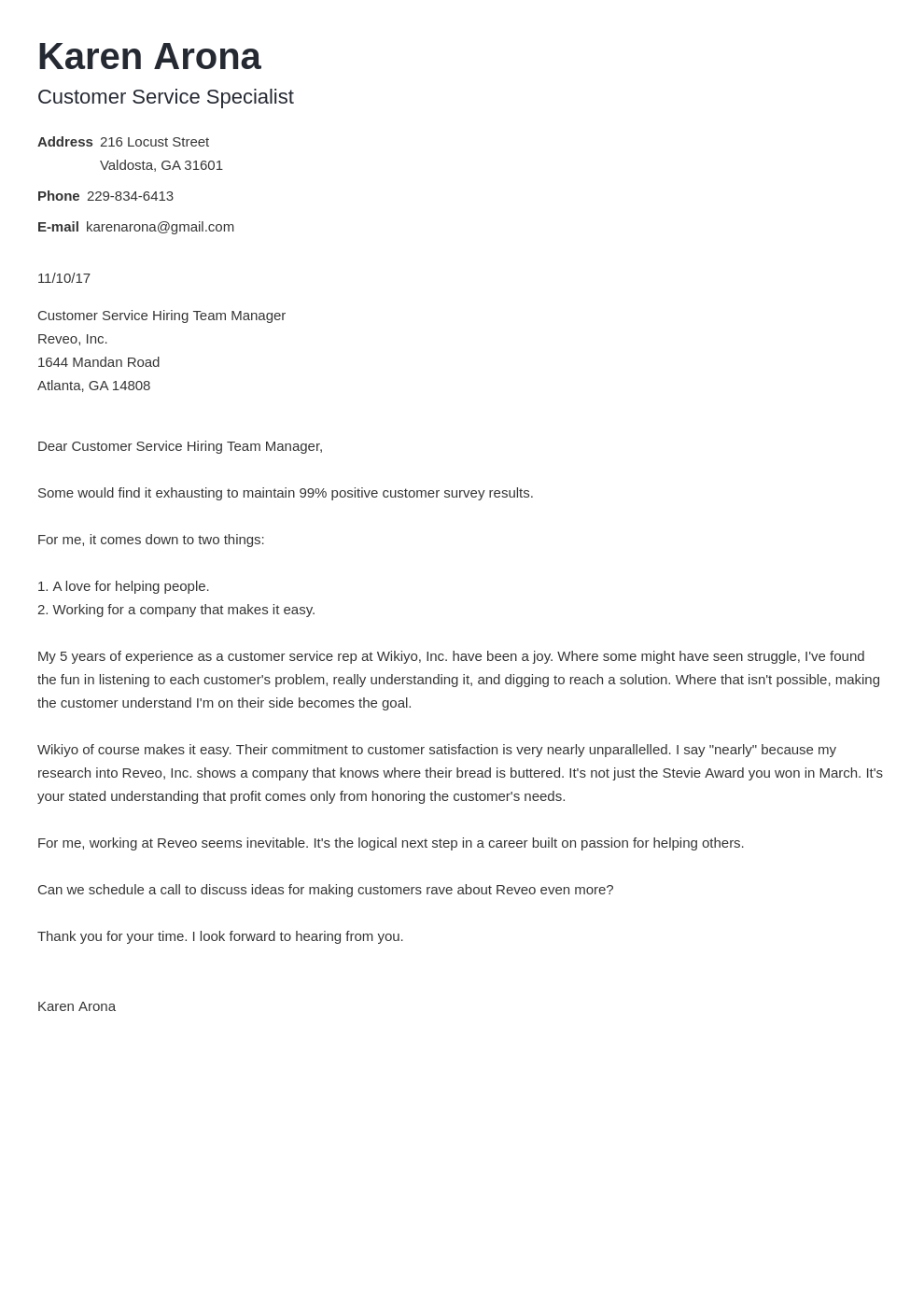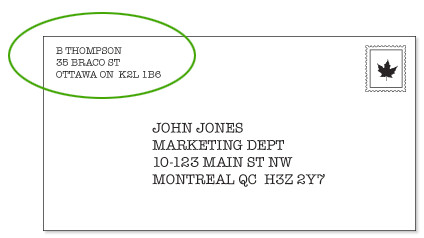

- Addressing a letter to whom it may concern how to#
- Addressing a letter to whom it may concern manual#
- Addressing a letter to whom it may concern professional#
If you’re introducing yourself to someone you’ve never met, it might be appropriate to use “To Whom It May Concern”.įor example, if you have received a request for a quote or information about your company via a general inbox or a feedback form, you can address your response with “To Whom It May Concern”. This would be an acceptable time to address your audience with “To Whom It May Concern”.įiling a formal complaint with a company? It probably doesn’t matter if that complaint reaches an administrator, customer service representative, or the CEO – you just want your complaint to be heard and dealt with. They don’t expect you to do research on them or their company, they just want your opinion on the candidate they are trying to hire. If you are providing a reference or recommendation for a former colleague or employee, the request may come through an automated system that does not contain any information about the hiring manager. With this approach, we recommend asking for the right contact person for your request in the message text. In this case, “To Whom It May Concern” may be appropriate. If you are contacting a large company with a complex organizational structure and you are unsure of who to contact, you may need to send a message using a message form on the company’s website or email to a general address like “. Contacting a large company or a new department Knowing when it is appropriate to use “To Whom It May Concern” can be difficult, so here are a few scenarios when it is usually okay:ġ. When should “To Whom It May Concern” be used? According to a survey by Resume Companion, 83% of hiring managers said it would have little or no impact on their hiring decisions. In case you choose to apply, it shouldn’t have any impact on your application. When other options don’t work for your correspondence, you can start a letter with “To Whom It May Concern”. If so, just start your email or letter with the first paragraph or with “Re: Subject you are writing about” followed by the rest of the letter or message. Alternatively, the message can also be written without a salutation. “To Whom It May Concern” is obsolete but is still sometimes used to describe letter greeting, and there are better ways to start a letter now. Is To Whom It May Concern a great way to start a letter? The Internet gives us almost limitless opportunities to find the names and contact information of the people we need to reach – and good communication skills are critical to success. It is largely considered an outdated and lazy way of dealing with correspondence. if you give a recommendation to a former colleague and don’t know the name of the hiring manager. It is often used when the recipient’s name or title is unknown, e.g.
Addressing a letter to whom it may concern professional#
“To Whom It May Concern” is a broadway of addressing professional or formal correspondence. What does the term “To Whom It May Concern” mean? What alternatives are there to “TO WHOM IT MAY CONCERN”?.
Addressing a letter to whom it may concern how to#
How to avoid the use of “To Whom It May Concern”.When Not To Use “To Whom It May Concern”.When should “To Whom It May Concern” be used?.Is To Whom It May Concern a great way to start a letter?.What does the term “To Whom It May Concern” mean?.Unless you're writing a book titled "To Whom It May Concern", in a letter, this should be capitalized like a sentence.Īgain, please note that this is an issue of style, and there probably is no "correct" answer, but there doubtless is a standard in general usage. Otherwise we'd have to capitalize pronouns ("I heard that He said to do this"), which is generally only done when referring to a deity.Īn exception to all of this is when something is a title. The only words that are capitalized on their own in a salutation are the first word or any proper nouns, and standing in for a name doesn't promote something to proper-noun status. As pronouns, all and everyone would not be capitalized unless they were the first word or part of someone's title, according to Gregg. That's according to The Gregg Reference Manual. The first word, all nouns, and all titles are capitalized in the salutation.
Addressing a letter to whom it may concern manual#
Purdue's OWL concurs, capitalizing it the same way.įrom this page that references the Gregg Reference Manual that asks the same question as was asked here: I found this web resource that backs it up, though.

However, I found the Chicago Manual of Style using a version that capitalized every word - but they had no citation or Q&A entry to back it up. "To whom it may concern" is correct according to Gregg, the only style guide I could find that addressed this issue completely.


 0 kommentar(er)
0 kommentar(er)
